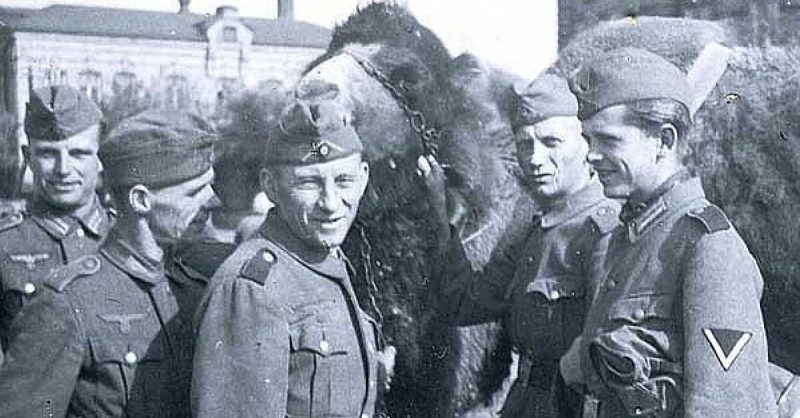David Flin
Gone Fishin'
I know but that requires not just simple research but understanding. And oftentimes research that goes beyond what is available to most people.
I don't see that as a problem. If someone doesn't understand an area, it's fine to gloss over the details. I know very little about ballet, for example. If, for some reason, I needed to include developments in ballet in a TL, I'd sketch out a very loose framework and pick the brains of those people here who do have that understanding.
I also don't see it as a problem for writing a TL to require understanding the subject on which one is writing, especially in an area when plenty of the readership have detailed understanding. I wouldn't dream of doing a TL set in the Russian Revolution, because I don't understand it or know much about the players. I am (or was) happy to start TLs in areas where I have an understanding of the situation, be it 1970s UK centred around The Troubles, or the Falklands War, or other areas I am confident in.
Put simply, if I don't understand something, I'm not going to be able to write a convincing TL about it. If that means that there are fewer highly implausible TLs around, I don't see that as a problem. And, if there are TLs that cover an area that I am very familiar with that stipulate something that blows away my suspension of disbelief, I'll say so. So, the Troubles, the Lebanese Civil War, power generation policy from 1996 onwards, MI6 operations in certain very specific situations, the East End of London in the 1950s, and so on. All grist to the mill.
And if authors aren't willing to get feedback on a piece, then they really shouldn't be publishing publicly. It's not like post-1900 is short of active threads.

